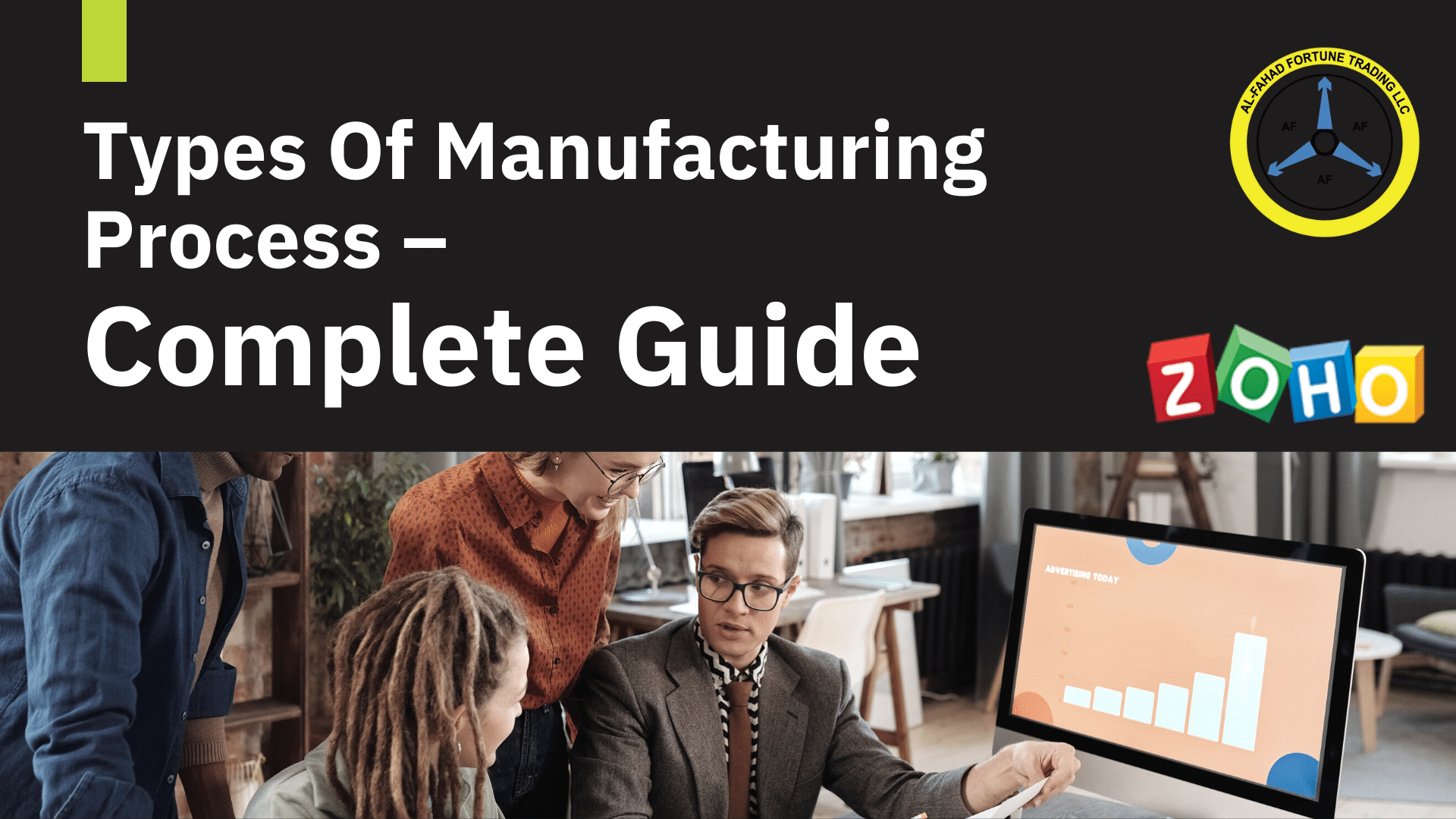AL FAHAD IT CONSULTING2024-01-19T11:38:13+00:00
Complete Process Of Manufacturing Software
Manufacturing software process can manufacture goods through labor, machinery, tools, equipment, and chemical processing or formulation with automation. A manufacturing process defines how a company builds and creates a product through cloud-based technology.
Either means that it can transform raw materials into finished goods on a large scale and create more complex items by selling essential goods to manufacturers to produce items such as automobiles, aircraft, or household appliances. Raw materials can transform into finished products through the manufacturing process. It begins with product design and materials selection. Then, to create the finished product, you have to modify materials.
Advanced Manufacturing Process involves several intermediate processes to the multiple components for a finished item. It takes raw materials and converts them into more finished goods.
Manufacturing is a value-adding process that adds a new value to the materials it processes. Moreover, many types of manufacturing processes can make processes more manageable.
As technology advances, manufacturing processes become gradually automated and unique with certain advantages, which decreases the need for human labor and increases the demand for specialized machinery.
Five Types Of Manufacturing Process
The manufacturing process is divided into five categories! The different types of manufacturing processes include,
- Repetitive Manufacturing
- Discrete Process
- Job shop Manufacturing Process
- Process (Continuous)
- Process (Batch)
Repetitive Manufacturing
Repetitive manufacturing is a process that produces products for rapid production flow. Manufacturers can use this process to make similar products. It involves the use of dedicated production lines to create the same item. The manufacturer doesn’t need to spend much time setting up product lines and changing the activities.
Instead, they can use repetitive manufacturing for repeated production that commits to a production rate. At most, they only need to add a product line if demand increases beyond what they can produce with existing product lines. It makes the operation faster to meet the customer demands and specific requirements.
Discrete Manufacturing
Discrete manufacturing manufactures individual finished products that can be counted, touched, and seen. It involves parts, components, and sub-assemblies to produce finished products. It also utilizes an assembly and production line. However, discrete manufacturing is highly diverse, with various setups and changeover frequencies. Therefore, you can produce a wide variety of items that might be entirely unrelated.
Besides, its adaptability is the most significant advantage that helps build whatever is most profitable to direct. To make a discrete manufacturing environment good, a manufacturer needs to add the revenue from creating multiple items – it should be larger than the loss of productivity during the changeover.
Job Shop Manufacturing
The manufacturer can use the Job Shop Manufacturing process to use production areas rather than assembly lines. This process will help produce smaller batches of custom products, either made-to-order or made-to-stock. It also involves minimal automation and depends more on human labor.
Job Shop Manufacturing is equipped to produce a wide range of items and typically takes and fills specific orders. The most significant advantage of job shop manufacturing is low cost & adaptability. Besides, it makes custom products in small batches through a unique production setup.
Process (Continuous)
The manufacturer can continue manufacturing an item all year round with continuous processing. They can adjust the quantity they produce to meet customers’ fluctuating demands and never entirely stop operations.
Process (Batch)
In Batch Manufacturing processes, manufacturers can produce individual batches of items. As a result, a manufacturer can keep their operational costs extremely low, which helps increase the profit margin on the sets they produce.
Additionally, manufacturers rise based on their efficiency. Therefore, they tend to do pretty well if they produce more significant volumes at a lower price. Therefore, your firm can make bulk production efficiently by adopting Best Manufacturing Process and can standardize your production line smoothly. Meanwhile, you can revolutionize your production line with a practical Manufacturing Application.
- Produce large quantities at a lower price.
- Simplify your product base & make things as simple as possible without affecting the quality.
- Make allocating costs much easier.
- Solve your inventory management worries
Improve communication & improve staff morale. - Reduce cost, eliminate waste, and increase profits.
Streamline Your Production & Ditch Traditional Manufacturing Processes
Advancement in manufacturing processes has drawn preeminent interest from researchers and industry. It makes the manufacturing process more productive and capable with high efficiency. It combines different manufacturing processes with similar objectives to increase material removal rate, improve surface integrity, reduce tool wear and production time and extend application areas. Besides, it enhances a production facility with ease.
Advancement & Manufacturing Technology improves overall manufacturing productivity and profit immensely; it contains various features, including:
- The quality enhancement helps to optimize the schedule, reduce inefficiencies, and automate the production line.
- Cost reduction to save a drastic amount of money in the long run.
- Reduction in overall production time to drive production process professionally and get products out in a much more efficient manner.
- Data-driven forecasting and planning to meet your actual customer demand and avoid creating waste due to overproduction driven by poor forecasting.
Overall, Advanced Manufacturing Application have many advantages that quickly help boost production value. Advanced Manufacturing Application has become a must for modern-day manufacturing operations. You can get greater agility in updating ever-changing priorities, production schedules, and inventory plans.
With AL Fahad IT Consulting, you can get the Best Manufacturing Application to:
- Create optimized schedules balancing production efficiency.
- Maximize output on bottlenecks resources to increase business revenue.
- Synchronize supply with demand to reduce inventory worries.
- Get company-wide visibility and capacity.
- Make data-driven decisions for production.
The implementation of our Manufacturing Application will take your manufacturing operations to the next level of production efficiency. We bring you in the right direction of process manufacturing efficiency and lean manufacturing production enhancement.
Let’s try out a free trial and demo of our cost-saving Manufacturing Application to get custom tools for production and make your production processes as effective as you want.




Leave a Reply